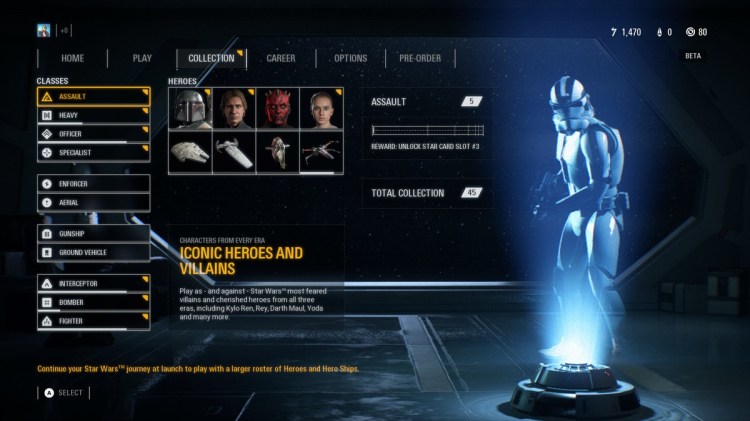Apple quietly updated its rules for developers yesterday with a new version of its App Store Review Guidelines, and it now requires that developers disclose the odds of getting cool loot in the loot boxes for free-to-play games.
Loot boxes have become a big monetization opportunity in free-to-play games, but they’re also controversial, as Electronic Arts’ discovered with tying loot crate purchases to unlocking desirable characters like Darth Vader in Star Wars: Battlefront II. Gamers revolted, and EA backed off. Government officials also started to step in to say that loot crates should be regulated, as they can be perceived as ripping off consumers or even as gambling.
With a loot box, you make a purchase with real money in a game to get virtual items. But it’s kind of like a slot machine, where you don’t know if you’re going to get good stuff until you open the box. Sometimes you score big, getting the items that you perceive as valuable. But sometimes you don’t, and you can get stuck paying over and over again to try to get the hot item. You can see why this might be considered the same as gambling, and places such as Japan and China have cracked down on it.
Apple is clearly trying to get ahead of any regulatory problem by requiring that developers now disclose proper information.
June 5th: The AI Audit in NYC
Join us next week in NYC to engage with top executive leaders, delving into strategies for auditing AI models to ensure fairness, optimal performance, and ethical compliance across diverse organizations. Secure your attendance for this exclusive invite-only event.
“Apps offering ‘loot boxes’ or other mechanisms that provide randomized virtual items for purchase must disclose the odds of receiving each type of item to customers prior to purchase,” the guidelines said in section 3.1.1 on in-app purchases.
Apple has now made the guidelines required by some Asian countries about “gacha” mechanics into a universal law for its app store around the world. And that’s not so bad. If you are trying to win a random good, you should probably know the odds that you’ll get that good. Now when you play the lottery, you’ll know just what your chances are.
“Apple’s response to loot boxes is a win for consumers. It’s in the firm’s interest to make sure its users are happy,” said Joost van Dreunen, CEO of SuperData Research. “Some on the supply side will find this a cumbersome policy change but they will likely relent. What I’m hoping for in 2018 is a more cohesive approach to retaining quality. It is unlikely that we’ll see curation like we’re used to from Nintendo, for instance, because app revenue is not a primary driver of income. As long as games serve as a complimentary asset to boost the sale of handsets and hardware, things like content quality, publisher relations, and discovery will remain a secondary directive. That said, with Apple looking to double of its service revenue to $50 billion, there’s a chance the firm’s stance may shift in 2018.”
China’s Ministry of Culture released its set of rules governing online games, including loot boxes, in December 2016.
“I think it’s a good idea,” said Michael Pachter, analyst at Wedbush Securities. “The publishers can make the “odds” whatever they wish, and disclosure will ensure that they offer a fair chance for the money. I expect that we’ll see this type of rule extended across the industry, but it would be prudent for developers and publishers to preempt any rule-making and to voluntarily disclose.”

